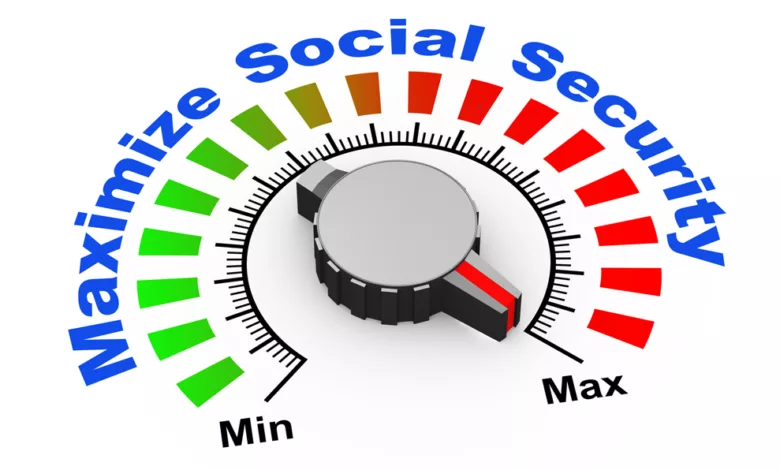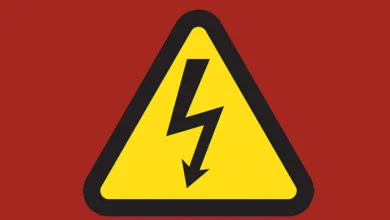When to Collect Social Security Benefits

The Right Strategy Can Be Complicated
fyi50+: Readers often ask why choosing a Social Security filing strategy can be so complicated. David, why is this decision so confusing?
David Freitag: Decisions about when you should file to start collecting Social Security benefits should be based on four key factors:
- Financial need both short-term and long-term.
- A reasonable projection of how long you might live.
- The amount of your benefit at different filing ages.
- Your marital status.
Determining Your Financial Need for Social Security
Point #1 is easy for many people. Often, Social Security is their only source of predictable income. People with little to no lifetime savings depend on their Social Security benefits to pay for housing, transportation, and food. If they are not working, these people often start collecting their benefit as soon as they can between ages 62 and 66.
On the other hand, people who have retirement savings or are still working often defer collection so they can earn delayed retirement credits past their full retirement age. These fortunate people do not need their benefits to support their current lifestyle, and delaying their Social Security start date increases the monthly benefit by 8% simple interest per year past full retirement age. The people who defer are more concerned about their income needs later in life.
Estimating How Long You May Live
Point #2 is not all that easy. No one really knows how long they will live. However, based on lifestyle habits and family history, it is possible to make an educated estimate of your longevity. There is a calculator on SSA.GOV that is designed exactly to help people understand their retirement time horizon.
Although this is a helpful tool, it should be used with relative caution. Because it is based on the law of large numbers, it is not all that specific to you. A better measure on longevity might be looking at your mother, father, aunts, and uncles to see how long they lived in retirement. Also, factor in your lifestyle.
Assessing the Amount of Social Security Benefits by Age
Point #3 is relatively easy to answer. Visit the SSA website and follow the steps outlined by the calculator. In less that five minutes you will have an estimate of your benefits at age 62, full retirement age, and at age 70. Better yet, open a myAccount and download your full Social Security benefit statement.
Figuring Marital Status into Your Collection Decision
Point #4 is also relatively easy to understand. You can only be married, single, divorced, or widowed.
Filing strategies for married couples is the most complicated because you can look at choices for two people. For example, a younger couple born after January 1, 1954, could have up to 81 different age combinations to consider. Choices for divorced people are also complicated because sometimes a divorcee can claim benefits on their own record or possibly on the record of their ex-spouse.
Choices for widows or widowers can also be confusing because survivor benefits enter the decision.
Finally, choices for single people who never married are most often based on the best time to start Social Security in their income plans for retirement.
Tools to Help You Decide When You Should Start Collecting Social Security
Access to planning software helps you make a better decision as to when file for Social Security benefits.
There are several tools available on the internet that are easy to use and very helpful. Financial advisors also have access to software that can help model a good decision and can guide you through some of the confusing rules that might apply just to you.
The key to finding the best time to start collecting Social Security is to explore the options and make a decision with purpose rather than by accident.





